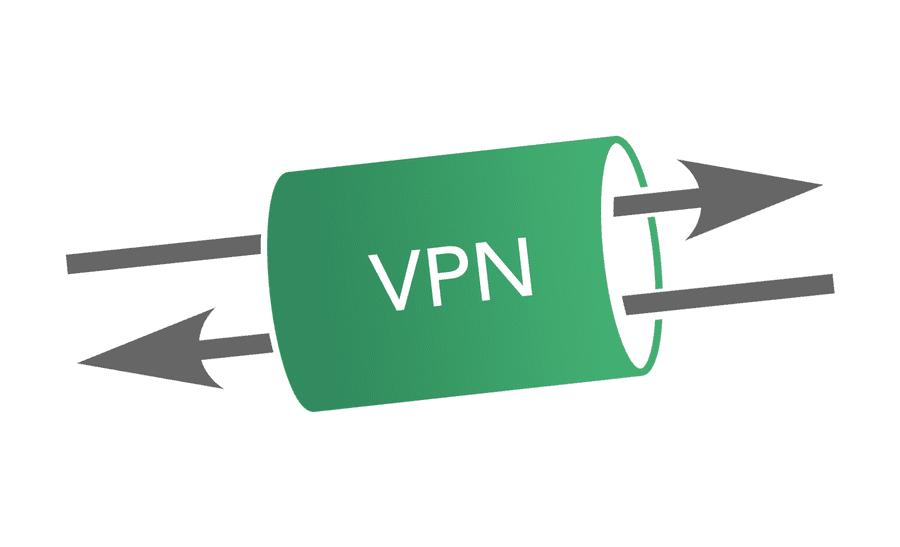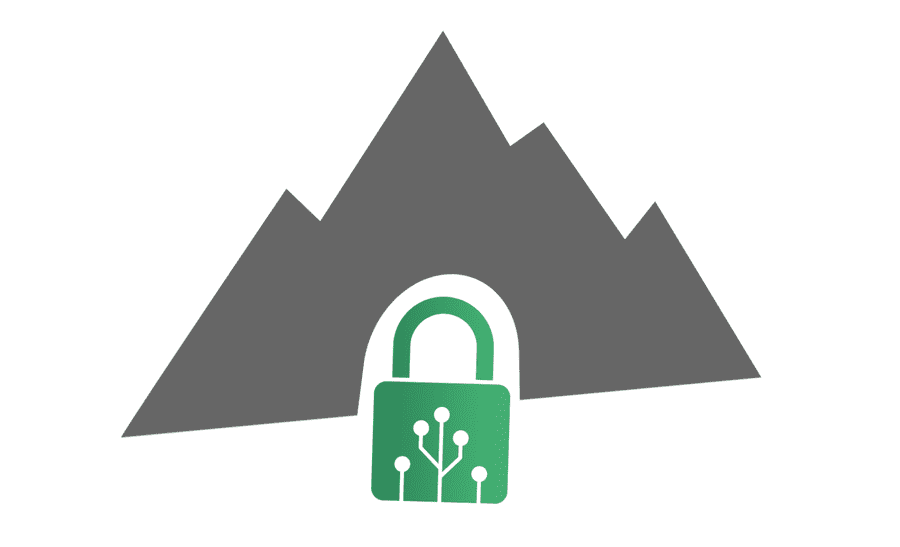The Beginners’ Guide to VPNs - What is a VPN? Why should I use one?
A simple guide to understanding Virtual Private Networks
So why should I care about VPNs?

A VPN is like a secure tunnel, allowing you to send and receive data without other people knowing what it is.
No-one likes an eavesdropper. We also get pretty annoyed at businesses profiting from our data. And we definitely don’t want government censors (or anyone else) telling us what we can and can’t see.
In other words, we value our privacy. It’s not that we’ve got anything much to hide; it’s just that we want to be able to browse the web without being snooped or manipulated.
If your online privacy is important to you, it’s worth taking steps to protect it. This is why it’s worth finding out about Virtual Private Networks (VPNs for short).
A VPN provides a kind of secure tunnel between your device and the internet. The aim is to enable you to access the sites you want, without giving away too much information about who you are and what you’ve been doing online.
So should you use a VPN? Here’s a newbie-friendly look at VPNs to help you decide…
What is a VPN?
Some internet basics
Let’s just think about what happens each time you connect to the internet via your computer, smartphone or other connected device.
For a connection to be made, your device connects to a router. This router is connected to a modem. In turn, the modem connects to the internet through your internet service provider (ISP).
Now let’s think about what happens when you want to access a specific website. Each time you enter a website address on your browser, your device sends out small clusters of information, called data packets. The website responds by sending its own data packets back to you.
So even when you’re just looking at a website and not filling in any forms, you’re never just passively browsing. The data packets your device sends out to establish a connection can actually give away quite a lot of information about you.
This information can be pieced together by the websites you visit, your ISP, along with anyone who may be monitoring your ISP. The information contained in these data packets can include the following:
- Your location (and maybe even your physical address), based on your device’s unique IP address
- Details of the web pages you’ve visited
- Any information you have entered into these websites
As a result, this back-and-forth exchange of data packets can mean giving away more information about yourself than you’d necessarily like.
How does a VPN work?

VPNs started out as tools to keep corporate data connections safe, now they’re also used by everyday people who don’t want to be tracked by advertisers, their ISP, hackers, or the government.
VPNs started life as a business tool. Companies needed an easy, secure way for remote and scattered workers to access their work systems. A VPN client is basically a program that makes this possible.
It’s virtual because it doesn’t require computers to be physically connected to each other.
It’s private because you need to have the right password and other credentials to link to it.
It’s a network because it links two or more devices, enabling them to access a shared system.
But what if you took that VPN principle and used it to change the way you connect to the internet? From a privacy point of view, this is where VPN technology starts to get interesting.
- With a VPN service, your device is linked to a remote server owned by the VPN company. The remote server becomes a kind of ‘middleman’ between your device and the internet.
- Think about those data packets we mentioned above. The VPN software encrypts (i.e. scrambles) the packets you send out before they hit your ISP.
- Those packets are then decrypted (i.e. put back together) by the server before reaching their destination.
- Packets flowing from the websites you visit follow the same path. They are encrypted by the remote server before hitting your ISP. They are then decrypted by your device.
All of this has two important consequences:
Your ISP cannot see which websites you visit. This is because your device encrypts the data packets you send out before they reach your ISP.
Your identity is masked. Instead of seeing your IP address, the websites you visit see the address of your VPN server.
Why do people use VPNs?
Common reasons include the following…
I want to keep my browsing activities private.
In other words, it’s nobody’s business what sites you visit, and this includes your ISP. In some areas, ISPs will block some types of (perfectly legal) websites by default, forcing you to jump through hoops to remove the filters they put in place. A VPN can be a good way of bypassing this.
I do a lot of ‘online stuff’ in the coffee shop.
We love free WiFi. The trouble with public networks in places such as airports, coffee shops, and libraries, is that you can never be certain just how secure the connection is. With a VPN, your data is encrypted at device level. This stops hackers from seeing what you’re doing. Crucially, it also stops them seeing sensitive information you enter into web forms, such as passwords and other credentials.
I want to stream sport when I’m abroad.
You’ve paid for it - football, baseball, hockey, cricket - so why should you be stopped from accessing it? Trouble is, streaming services often have restrictions in place based on user location. To bypass these geo-blocks, a good VPN service should allow you to select a connection to a remote server in your country of choice. Many expats keep up to date with sport and media from their home country using a VPN.
I want to get the best shopping deals.
Businesses will often change their price lists for customers from different countries, or even different areas from within a country. Prices might be higher if you connect to a website from an affluent area. If you try connecting to the website through a selection of different VPN servers, you can often find better deals or lower prices.
Are VPNs legal?
There are a handful of countries where VPNs are banned. These currently include China, Russia, North Korea, Belarus, Oman and U.A.E.
In most countries, VPNs are legal. But remember: if you’re doing something illegal, doing it through a VPN doesn’t make it legal!
Will a VPN stop unwanted internet ads?
A basic VPN will mask your IP address. But it doesn’t really stop you from being followed by online ads. This is because advertisers use a range of methods to track you (e.g. tracking cookies and browser fingerprinting) that don’t rely on knowing your IP address.
So if you want to protect your privacy AND see an end to those annoying messages, think about getting a VPN alongside a dedicated ad blocking tool. Tip: several VPN providers offer ad blocking capabilities as part of their service or as add-ons.
Will a VPN slow down my internet connection?
A VPN basically adds another layer between your device and the online locations you want to visit. It also adds an additional process: i.e. encryption/decryption of data packets.
So yes, technically, it will slow it down. But the real question to ask is, ”Will I actually notice a difference in connection speed?”. With a top performing VPN service, you shouldn’t notice the difference in terms of page load times and streaming/download performance.
Tip: when weighing up possible VPN providers to try, don’t just go by advertised download speed: check out performance reviews, too!
Where can I find out more?
We hope we’ve given you a useful taster of what VPNs are capable of and how they can help. So, what next? For a closer look at all things VPN-related, be sure to explore our knowledge hub. And for full & frank comparisons of the VPN service providers out there, jump straight to our reviews.